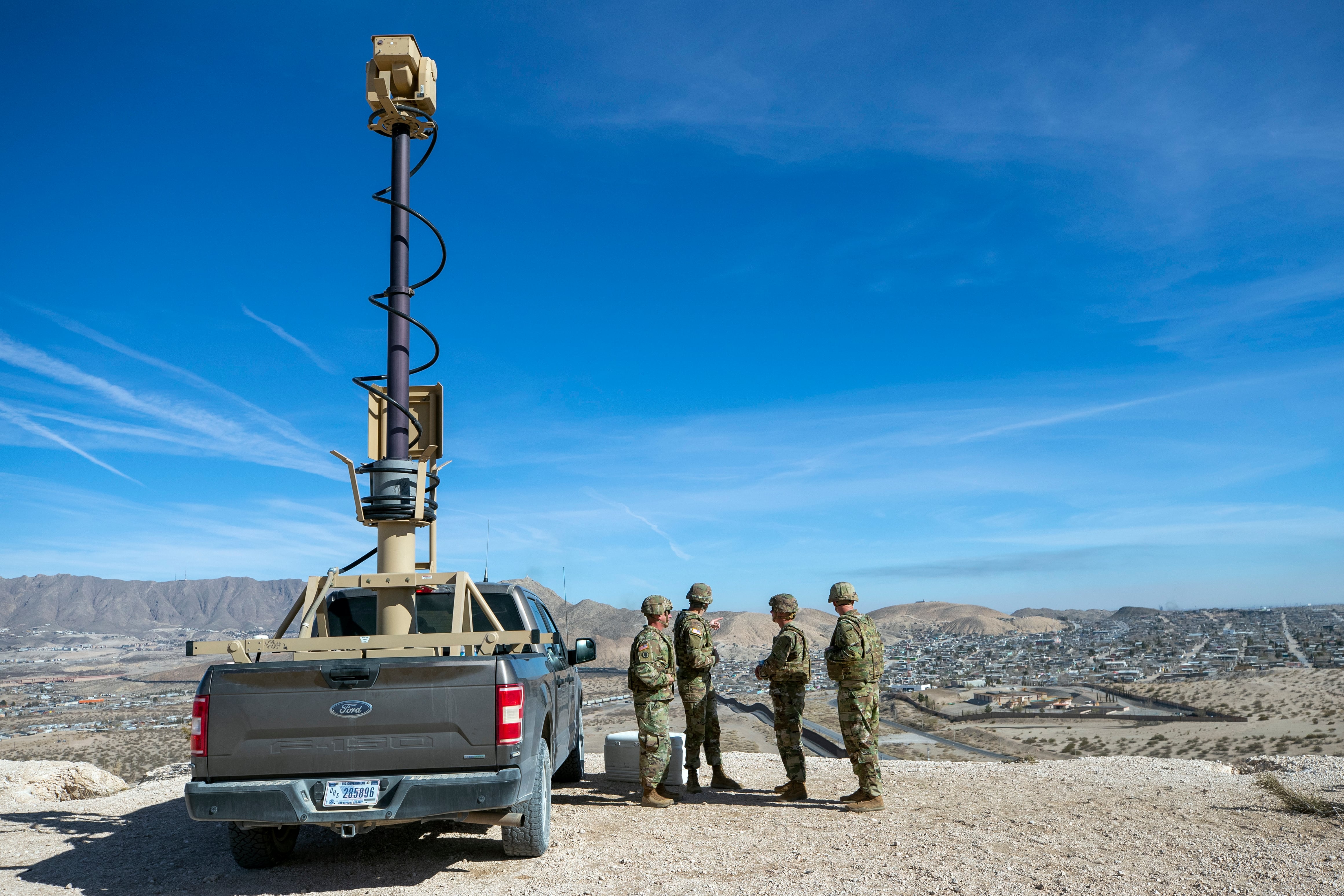Editor's note: This is the first in a series of stories detailing valor awards for service members whose heroism was overlooked at the outset; whose awards were lost, or never received by family members; or whose actions otherwise fell victim to some type of oversight. For more stories of heroism, past and present, visit our searchable Hall of Valor database; the hall's curator, Doug Sterner, assisted in story selection and research.
The man: Army 1st Lt. Alonzo Cushing.
The moment: At Gettysburg on July 3, 1863, Cushing commanded a six-cannon battery on Cemetery Ridge, at what would become the center of Confederate Maj. Gen. George Pickett's charge.
As other officers fell around him, and despite wounds to his shoulder, groin and abdomen, Cushing continued directing fire. With Confederate forces within 100 yards of his position, an enemy bullet struck Cushing in the mouth; he died instantly. He received a brevet promotion to lieutenant colonel, which is noted on his headstone at the U.S. Military Academy.
His actions "inflicted severe casualties upon Confederate Forces and opened wide gaps in their lines, directly impacting the Union Forces' ability to repel Pickett's Charge," according to his Medal of Honor citation … which was published more than 150 years after Cushing's death.
The medal: Army officers in the Civil War rarely received the Medal of Honor; only enlisted members initially were eligible, and that rule didn't change until March 1863.
Cushing's case fell off the Army's radar for more than a century until 1987, when Margaret Zerwekh, a historian and native of Delafield, Wisconsin (Cushing's birthplace; he was raised in Fredonia, New York), began a letter-writing campaign to lawmakers.
Even that took decades: Despite multiple attempts from various Wisconsin lawmakers, congressional action overriding the statute of limitations on Medal of Honor nominations in Cushing's case didn't become law until it was included in the defense authorization act for fiscal year 2014.
President Obama presented the Medal of Honor to Cushing's relatives in a November 2014 White House ceremony attended by Zerwekh, who was 94 at the time.
Key quote:
"For this American family, the story isn’t some piece of obscure history," Obama said at the 2014 ceremony. "It is an integral part of who they are. And today, our whole nation shares their pride and celebrates what this story says about who we are."
Kevin Lilley is the features editor of Military Times.




